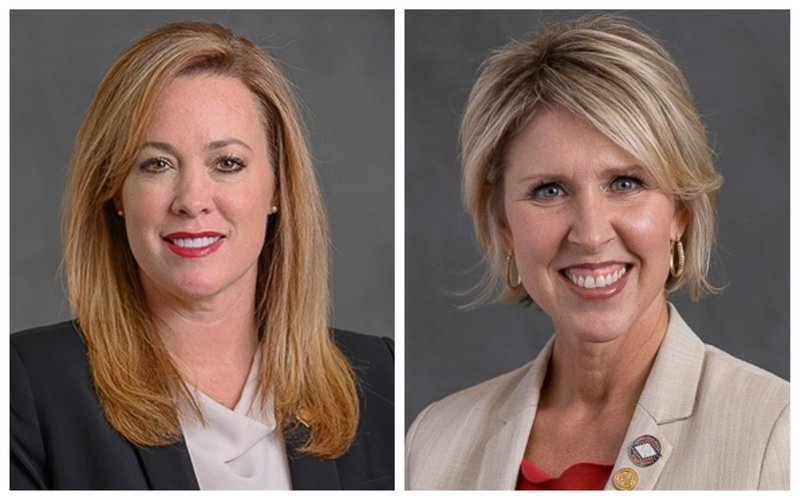An elections dispute between two judicial candidates was settled Thursday by the Arkansas Supreme Court as it ruled that Emily White, an appointed district court judge, may remain on the ballot in her race for the Arkansas Court of Appeals, though she may not appear with the title "judge."
White's opponent, Miller County Prosecuting Attorney Stephanie Potter Barrett, had sought to kick White off the ballot by charging in a lawsuit that White had improperly filed for office using her maiden name in a Court of Appeals district that she did not reside in.
White, who lived in Grant County until early last year, had moved to Hot Spring County in order to run for the open seat in the Court of Appeals' 4th District.
However, her children still attend school in Grant County, which is in a separate appeals court district.
While Barrett argued that such evidence should disqualify White, a Pulaski County judge in November found that White did meet the qualifications to run in the district. The only ruling against White was that she could not use the title "judge" on the ballot because she had not been elected to that position.
The Supreme Court unanimously upheld that verdict in a decision handed down Thursday.
[DOCUMENT: Read Supreme Court's full opinion » arkansasonline.com/124dispute]
The majority opinion, which referred to White by her married surname, said "Lengefeld's actions and testimony indicate that she is physically present in Hot Spring County — lingering connections to Grant County do not undermine this point."
The majority opinion was written by Justice Shawn Womack. Two justices, Rhonda Wood and Robin Wynne, joined a concurring opinion stating that they too would have upheld the circuit court's ruling, but with a different analysis.
